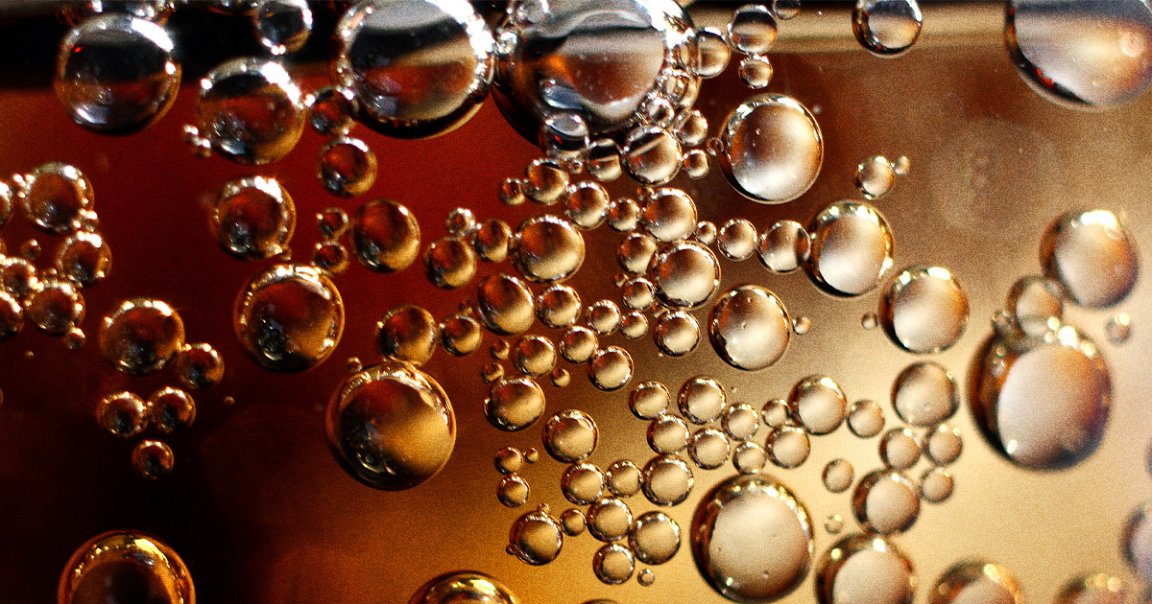
Aspartame, one of the most widely used artificial sweeteners in the world, will be declared as a possible carcinogen by the cancer research arm of the World Health Organization (WHO), Reuters reports.
The upcoming July ruling from the WHO group, the International Agency on Cancer Research (IARC), will list aspartame as “possibly carcinogenic to humans.” According to the report, the assessment considers all published evidence, but does not account for the amount a person can safely consume.
It’s ample cause for alarm. The sugar substitute has long been a staple of low or zero calorie drinks like Diet Coke, and is also used in thousands of other products including ice cream, chewing gum, and cereal.
But it’s worth noting that the classification of “possibly carcinogenic” only denotes that there is some evidence that a substance can cause cancer, and that the findings are overall considered inconclusive. There are still two categories above this: “probably carcinogenic,” indicating strong evidence, and simply “carcinogenic,” meaning there is consensus on a proven link.
Those are important distinctions. But no matter the technicalities involved, putting a “possibly” next to cancer is always ominous.
As such, the IARC has repeatedly faced criticism for causing alarm from its rulings. Over the years, it’s faced backlash for categorizing eating red meat or working night shifts as “probably carcinogenic,” as well as using cell phones as “possibly carcinogenic.”
Given the stakes involved, the food industry has already began to speak against the IARC’s impending ruling.
“IARC is not a food safety body and their review of aspartame is not scientifically comprehensive and is based heavily on widely discredited research,” said Frances Hunt-Wood, the secretary general of the International Sweeteners Association, as quoted by Reuters.
Though aspartame has been deemed safe by regulators worldwide for decades, including the US Federal Drug Administration (FDA) and the European Food Safety Authority (EFSA), the substitute has never shaken off its stigma.
For its part, the FDA has repeatedly reviewed aspartame’s safety since it was first approved in the 1970s. In 2021, the agency deemed that “no valid conclusion” could be derived from a major Ramazzini Institute study that supposedly found a link between aspartame and cancer in rodents.
That study, along with a large observational study in France involving 100,000 people that also linked aspartame to cancer, have both been criticized for their methodologies. By and large they’re both outliers among an extensive body of research, but in the IARC’s view, it’s enough to warrant concern.
All in all, it’s a bold decision from the WHO group — but according to Reuters, the intent is to encourage more research into aspartame, not to stoke panic.
More on aspertame: Scientists Just Discovered Something Horrifying About Artificial Sweeteners